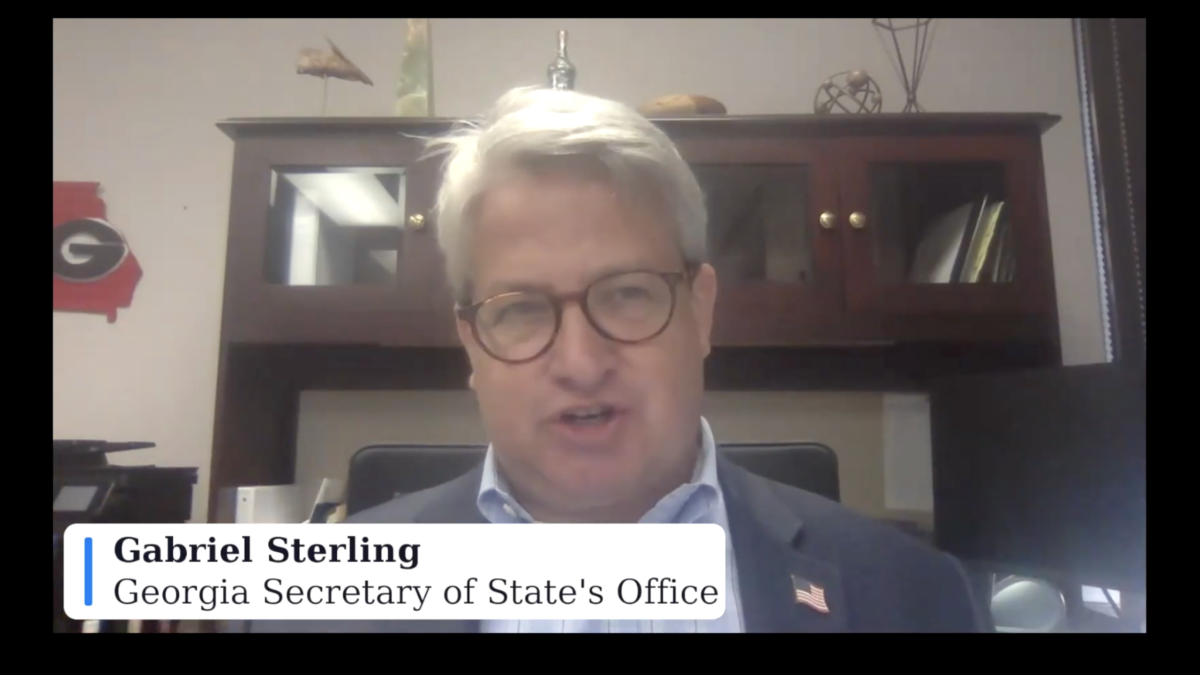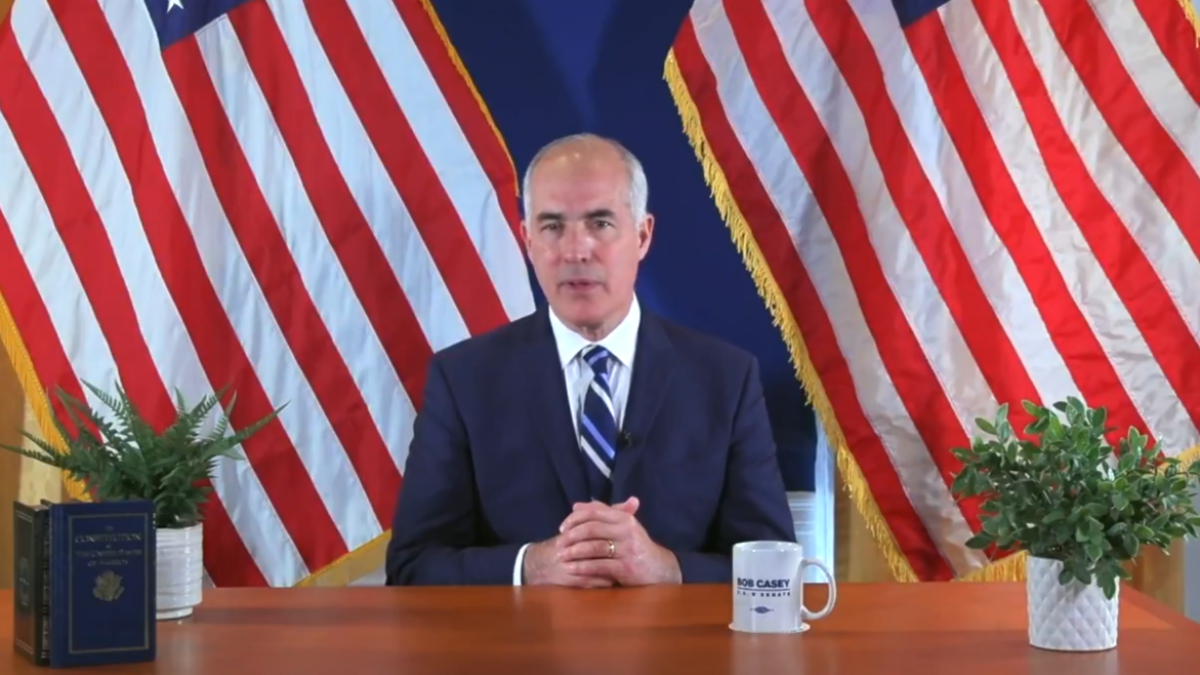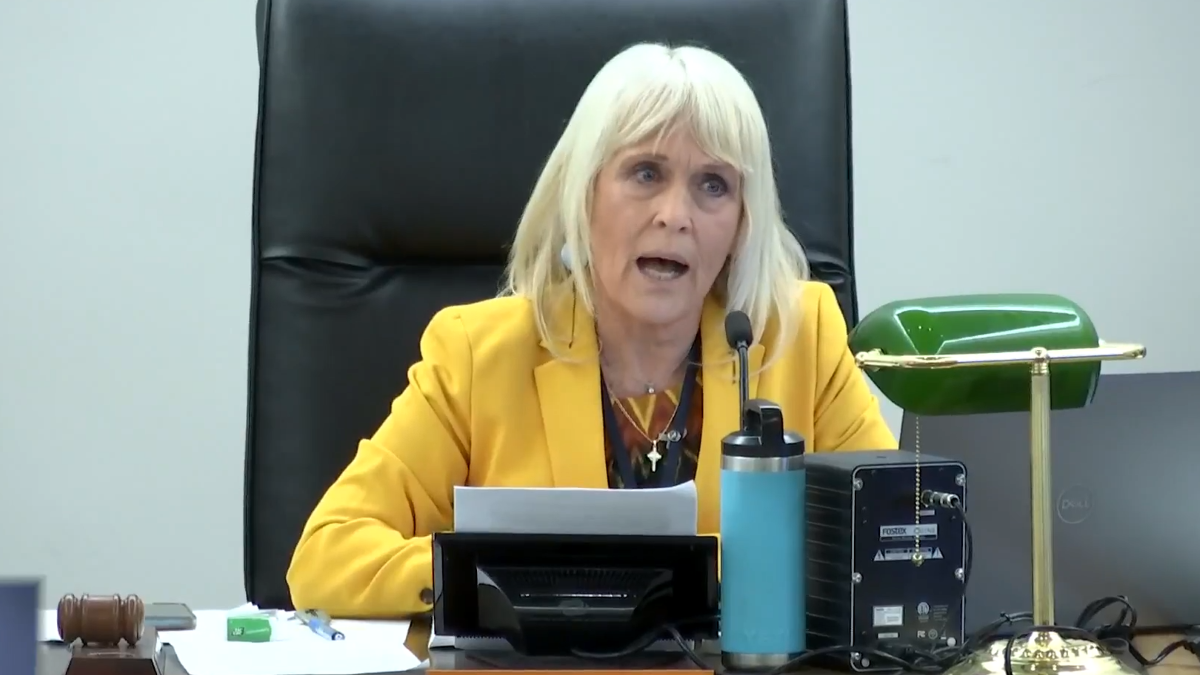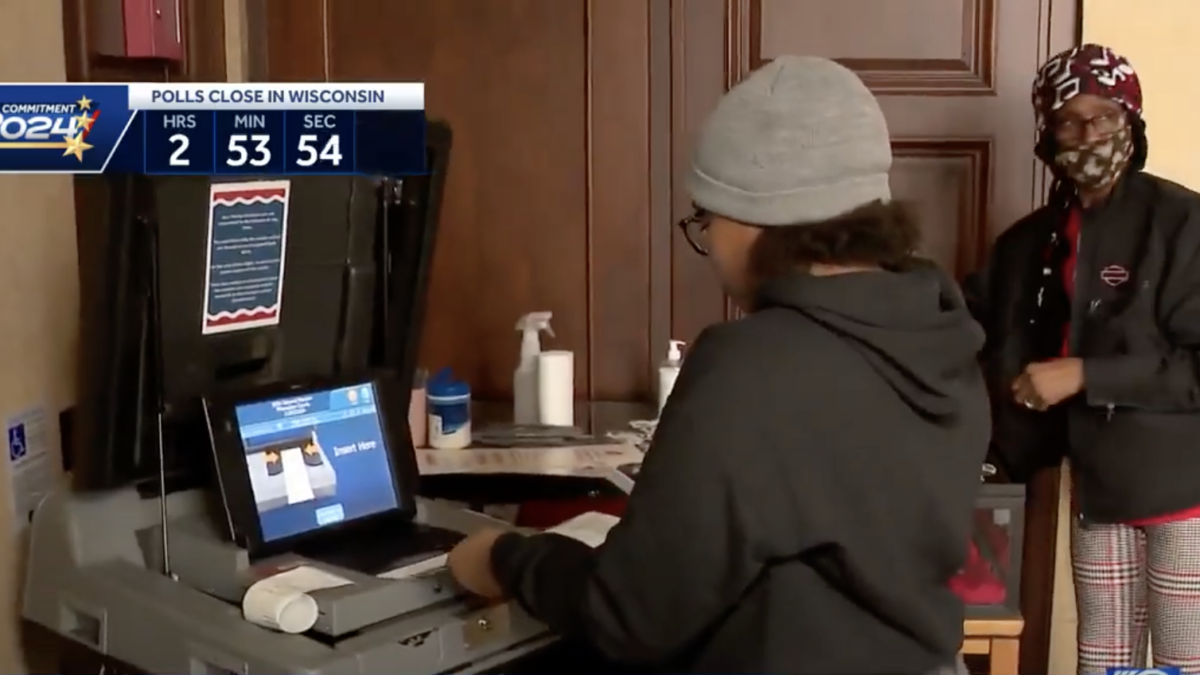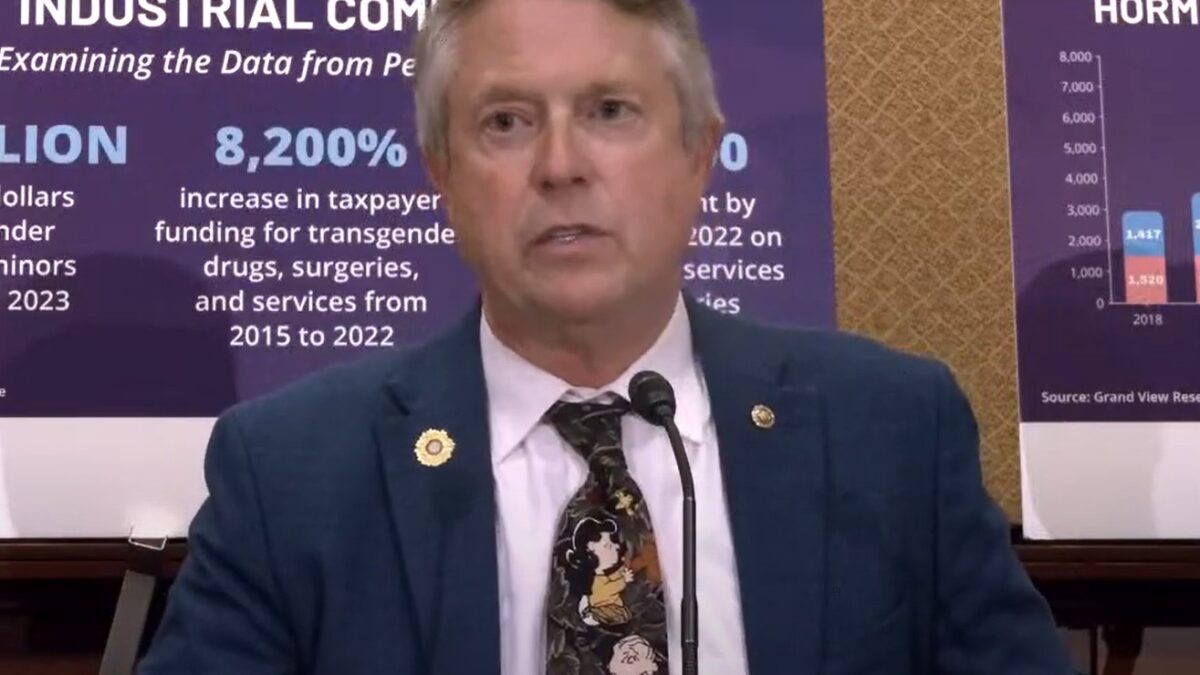The chief operating officer of Georgia’s Secretary of State’s office urged “every jurisdiction” to have a plan to threaten election officials with lawfare if they don’t want to rubber-stamp election results (even if the results are “off by one or two”).
The executive director of the Center for Election Innovation and Research, David Becker, asked Gabe Sterling on Monday to detail “what might happen” if someone was “successful in delaying or denying certification [of election results].”
Sterling first argued that certification of an election is “ministerial” — meaning board members must effectively rubber-stamp election results despite their concerns — before rebuking newly passed rules that clarify county election board members can have access to election-related materials before certification.
The Georgia State Election Board (SEB) recently passed a rule (Rule 183-1-12-.02) that clarifies county election boards can fulfill their certification responsibility “after reasonable inquiry that the tabulation and canvassing of the election are complete and accurate and that the results are a true and accurate accounting of all votes cast in that election.” The SEB passed a separate rule (Rule 183-1-12-.12) that permits board members to review “all election related documentation created during the conduct of elections prior to certification of results.”
“This idea that they have to have more and more and more paper information at the end of the process even though they’ve been a part of the process the entire time is a little, you know, disconcerting that people don’t understand the role,” Sterling said.
Sterling then said that a county board member will “look at the reconciliations and they basically say, ‘Yes, this lines up.’ And sometimes — and we all know this, there are human beings involved in every part of this — and sometimes you’re going to be off by one or two [ballots] inside a polling location. Usually it’s [a] provisional [ballot] that wasn’t taken account of properly, but you don’t have the time, especially in our window — They have to, normally it would be Nov. 11 for the certification under our law this year; but that’s a federal and state holiday for Veterans Day, so it’s going to be 5:00 p.m. on November 12.”
But Sterling insisted that if a county or a board member does not want to rubber-stamp election results that could “be off by one or two” ballots, then “every jurisdiction” should think about how to use lawfare to coerce the county or board members to rubber-stamp the results anyway.
“One of the things I encourage every jurisdiction to do: Don’t think you’re immune; think through a plan for an individual who has standing inside that county to sue for writ of mandamus,” Sterling said. “Don’t be coy. Basically say, ‘If you try to do this, we’re gonna bring the powers of the courts against you.’ And in some states, I know this can be criminal, and there are real consequences to individuals on this. I’m not saying swing a club around, but say, ‘We will use everything within our power to make this happen,’ and there are those who think they can magically hold up everything by one county. … The courts won’t allow for that.”
Sterling said the state has “game-planned” this scenario out and has a team of lawyers ready.
Using lawfare to force board members to blindly certify results with no questions asked is a tactic already being deployed by Democrats. The Democratic National Committee and Georgia Democrats recently filed a suit against the rules, arguing that certifying an election is ministerial and that the new rules would delay certification.
Secretary of State Brad Raffensperger also condemned “misguided attempts by the State Election Board” that he claimed “will delay election results and undermine chain of custody safeguards.”
But Cobb County GOP Chairwoman Salleigh Grubbs, who proposed Rule 183-1-12-.12, tells The Federalist her rule never changed the certification deadline.
“If you actually read the rule, you’ll see there’s nothing in there that would delay certification,” Grubbs said. Instead, Grubbs said, the proposals “create uniform guidance” for election officials to follow during the certification process.
SEB member Janelle King, who voted to approve both rules, told The Federalist that the rules strengthen the certification process because they ensure “that every County election board member has access to all election-related documentation.”
Democrats also launched what was described as an intimidation campaign to oust the three Republican SEB board members for approving the rules. The complaint asked Gov. Brian Kemp to remove the members, with Kemp’s office releasing a statement saying the governor had “sought the Attorney General’s advice” regarding the complaint.
For more election news and updates, visit electionbriefing.com.
